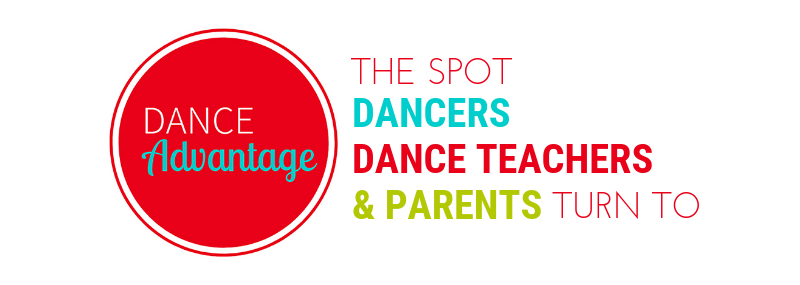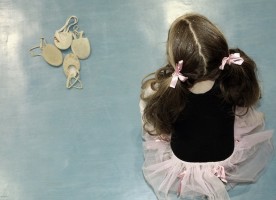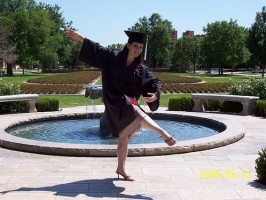A dance career is not for everyone. Even those who’ve spent many happy years training, with dance classes every night, rehearsals, competitions and performances every weekend, formed deeply bonded friendships, and had amazing dance mentors. But after all the blood, sweat, and tears, what do you do now? Jessica Shoop Williams has been there… and back again, and shares her advice with you.
alternative careers
Talking About College Dance With K-12 Students
Not all dancers become professionals. However, the arts produce creative thinkers, able to connect pathways that standard students may not initially consider and dancers tend to be successful in many other aspects of education and life. So, starting as early as Kindergarten, dance can be used as a gateway to discuss college with students. Here’s how one educator begins the conversation at different ages and includes families in the dialogue.
Life Lessons on Injury: Arriving at Plan C
“Rarely do we stop to consider the idea of not dancing, or having a plan B if it doesn’t work out. I always considered myself a careful dancer, if not a rational one. I am meticulous about technique and proper form to prevent the chance of injury, but when the occasional sprained ankle or ingrown toenail came up my instinct was always to dance through it, or “walk it off”, as the saying goes.”




